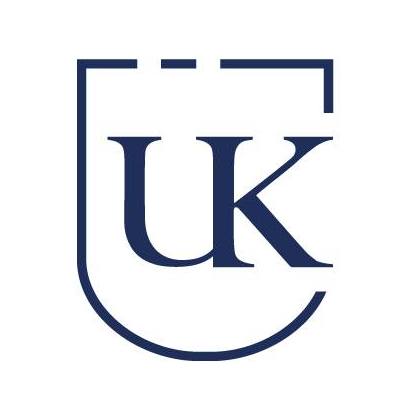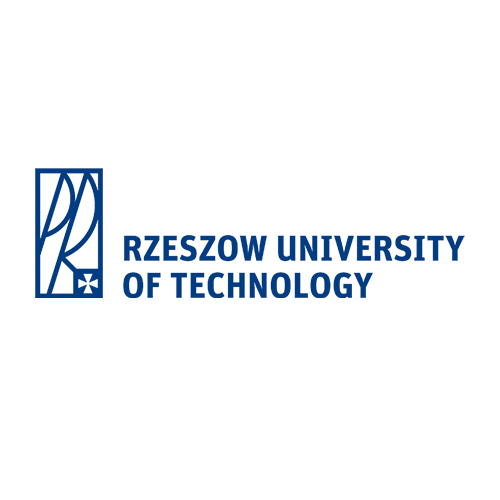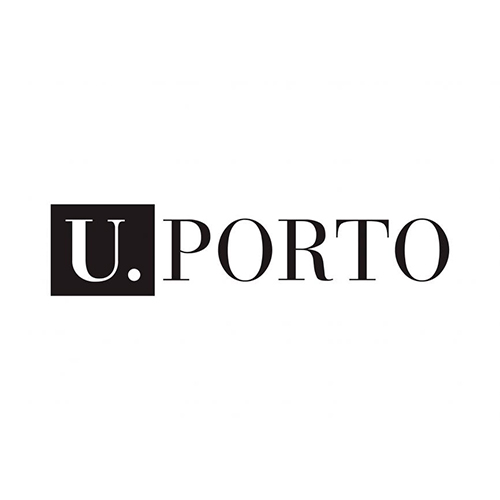International projects
Triple Helix
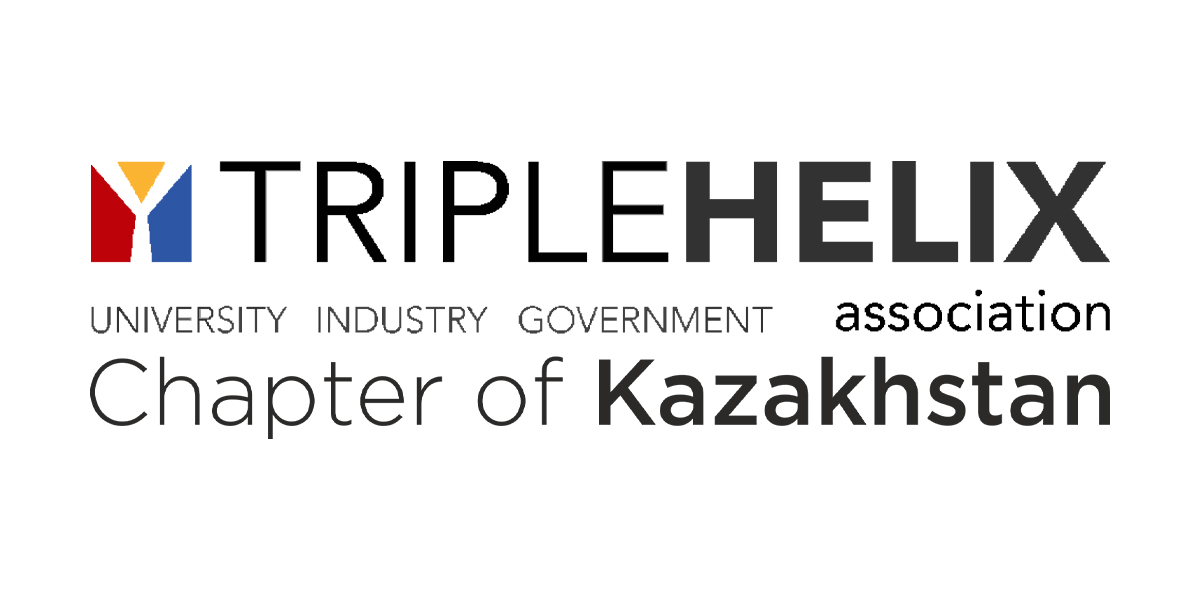
The Triple Helix Association (THA) is a non-for-profit, non- governmental association with scientific purpose and a global reach.
Its main scope is to advance the scientific knowledge and practical achievements related to all aspects of the interaction between academy-industry-government (Triple Helix) for fostering research, innovation, economic competitiveness and growth.
THA activities range from the development and debate around top class scientific studies, by means of conferences, symposia, and awards; the networking among both leading education & research institutions and stakeholders to foster a wide dissemination and uptake of the scientific findings by means of publications, academic journals and co-operation projects; the support in translating academic models into practical achievements by enhancing international exchange of scholars and the education of students, researchers and practitioners.
Turan University is the Kazakh representative office of the Triple Helix Association.
On June 16-18, 2021, Turan University participated in the XIX Triple Helix International Conference on the topic “Innovation for a sustainable world: science and technology to improve the world for future generations” Chapter Kazakhstan.
Gulzhanat Tayauova, associate professor, vice-rector for external relations and doctoral studies at Turan University, head of Triple Helix Chapter Kazakhstan.
Elmira Eralina, PhD, head of the Department of Management at Turan University, co-head of Triple Helix Chapter Kazakhstan.
For more detailed information, please go to the link.
GUESSS
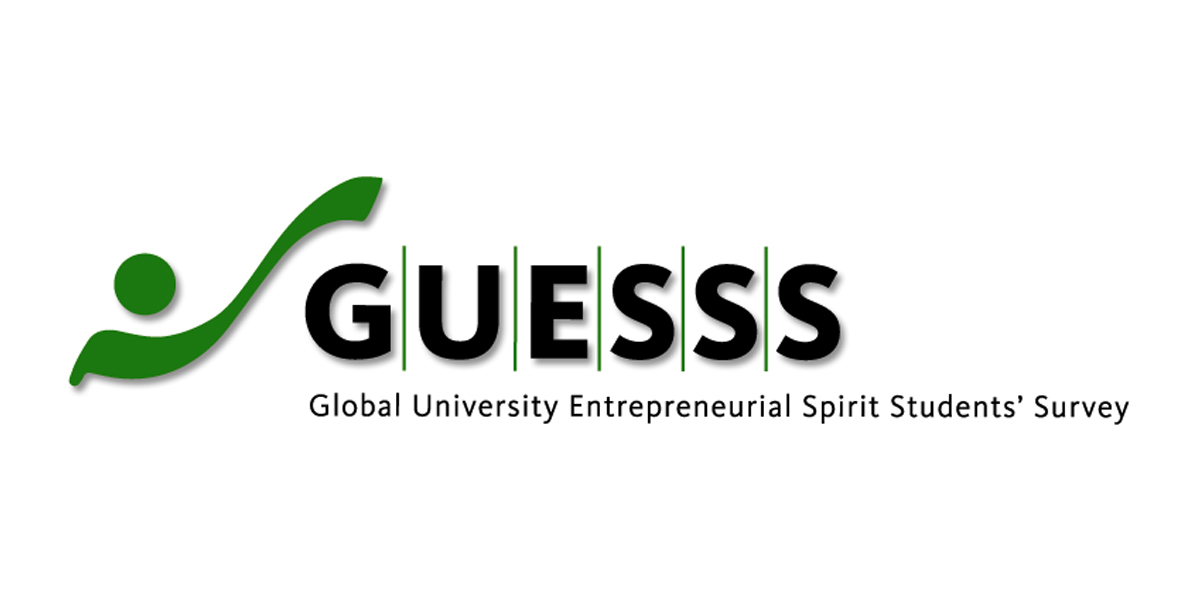
GUESSS stands for »Global University Entrepreneurial Spirit Students‘ Survey«. It is one of the largest entrepreneurship research projects in the world. The main research focus is students’ entrepreneurial intentions and activities, including the topic of family firm succession.
GUESSS (formerly labeled ISCE, until 2006) has been established in 2003 at the University of St.Gallen (Switzerland). Every 2–3 years, a global data collection effort takes place. For every participating country, there is one responsible country team which coordinates data collection in that country.
GUESSS data have been used for several publications in leading international academic journals such as Journal of Business Venturing (JBV) or Entrepreneurship Theory & Practice (ETP).
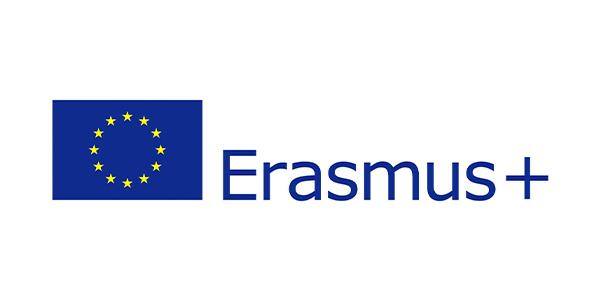
Erasmus+ is the European Union’s Programme to support projects, partnerships, events and mobility in the areas of education, training, youth and sport. It provides funding opportunities for cooperation in all these areas, both among European countries (so called Programme Countries), and between these European countries and Partner Countries throughout the world.
Within the framework of Erasmus+ CBHE the European Union supports the projects aimed at achieving long-term impact on universities and HE systems in the Partner Countries.
Capacity-Building Projects are transnational cooperation projects based on multilateral partnerships primarily between higher education institutions (HEIs) from 34 Programme and more than 150 Partner Countries. The Programme Countries contributing financially to Erasmus+ are the 28 EU Member States plus Iceland, Liechtenstein, Norway, Serbia, Turkey and the Former Yugoslav Republic of Macedonia. Kazakhstan is a Partner Country eligible to take part in CBHE component.
Capacity-Building Projects are aimed at using HEIs as a vector to deliver the knowledge requirements for economic development through job creation, better governance, increased entrepreneurship and mobility, and a stronger civil society. Enhancing management, governance and innovation capacities, and the internationalization of HEIs as well as modernizing education systems is one of the expected impacts of the action together with regional and cross regional cooperation.
Assessing the contribution of the Erasmus program to the development of student exchange in European countries, scientists note a trend towards democratization of cross-border student mobility, since scholarships allocated by the European Union make short-term study abroad accessible to a wide range of students, turning elite education into inclusive.
Inclusion implies the participation in higher education of students who have limited opportunities in various areas, including not only health, but also students from migrant families, newcomer students, students for whom the language of instruction is not their native language, working students, and those who have come to the country under the grant, students who are the first children in the family to receive higher education. Students belonging to these groups rarely participate in academic exchange, and opportunities are currently being sought in the European Union higher education area to involve them in academic mobility processes.
Turan University is actively involved in the implementation of Erasmus+ mobility projects:
- Erasmus+KA2, Vytautas Magnus University (Lithuania)
- Erasmus+KA2, State University of Applied Sciences in Kalisz (Poland)
- Erasmus+KA2, Varna University (Bulgaria)
- Erasmus+ ICM MIND project, Porto (Portugal)
- Erasmus KA171, Rzeszow University of Technology
- Erasmus+ KA 131 University of Kalisz
- Erasmus KA171, University of management personnel
Feedback about Erasmus programs
Detailed information about the Erasmus+ program can be found here.
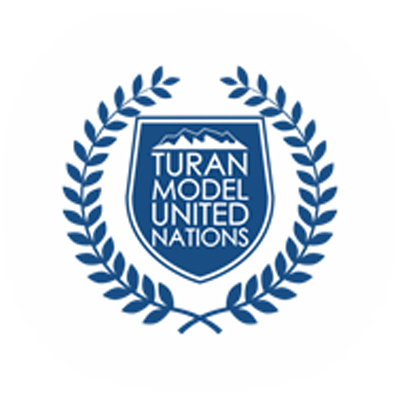
Turan University has been a member of the UN Academic Impact movement – UNAI since 2013.
“Interaction with academic circles” the United Nations Academic Impact (UNAI) initiative of the Department of Public Information is a global initiative of the Secretary-General aimed at enhancing cooperation with higher education institutions in support of the goals of the United Nations. Participation in the initiative gives universities all the advantages of membership in a growing network of students and scientists engaged in active work on organizing events and conducting research in order to form a unified global culture of intellectual responsibility to society.
The Model UN Movement
Since 2015, Turan University has been holding the Model UN conference every year, promoting the involvement of adolescents and young people in the discussion of the most pressing problems faced by the international community. The Sustainable Development Goals are a central topic of debate.
On April 23-24, 2021, Turan University once again held the International Conference Turan Module of United Nations 2021 (TURAN MUN 2021) in offline and online format, dedicated to discussing topical issues of world politics, which is the closest in form to meetings of UN committees.
“Model UN” is an imitation of the activities of the United Nations, during which students in the role of delegates reproduce the activities of various UN committees, acquire diplomatic, leadership, oratorical, language skills and the ability to come to a compromise.
Participants act as delegates and official representatives who discuss topical issues of our time, while delegates must comply with the norms of diplomatic etiquette. The number of registered participants exceeded 400 people.
On April 23, the Conference was opened with a welcoming speech of Rector of the university – Rahman Alshanovich Alshanov and Gulzhanat Zhubatkanovna Tayauova, the Vice-Rector for External Relations and Doctoral Studies at Turan University. Addressing the participants, Rector R.A. Alshanov noted that since the beginning of the foundation, the university has always been open to young people who strive to acquire new knowledge, acquire and improve the necessary professional and personal qualities. This conference is a vivid confirmation of the support of students in their desire to bring their new ideas to solving global problems of the world community.


